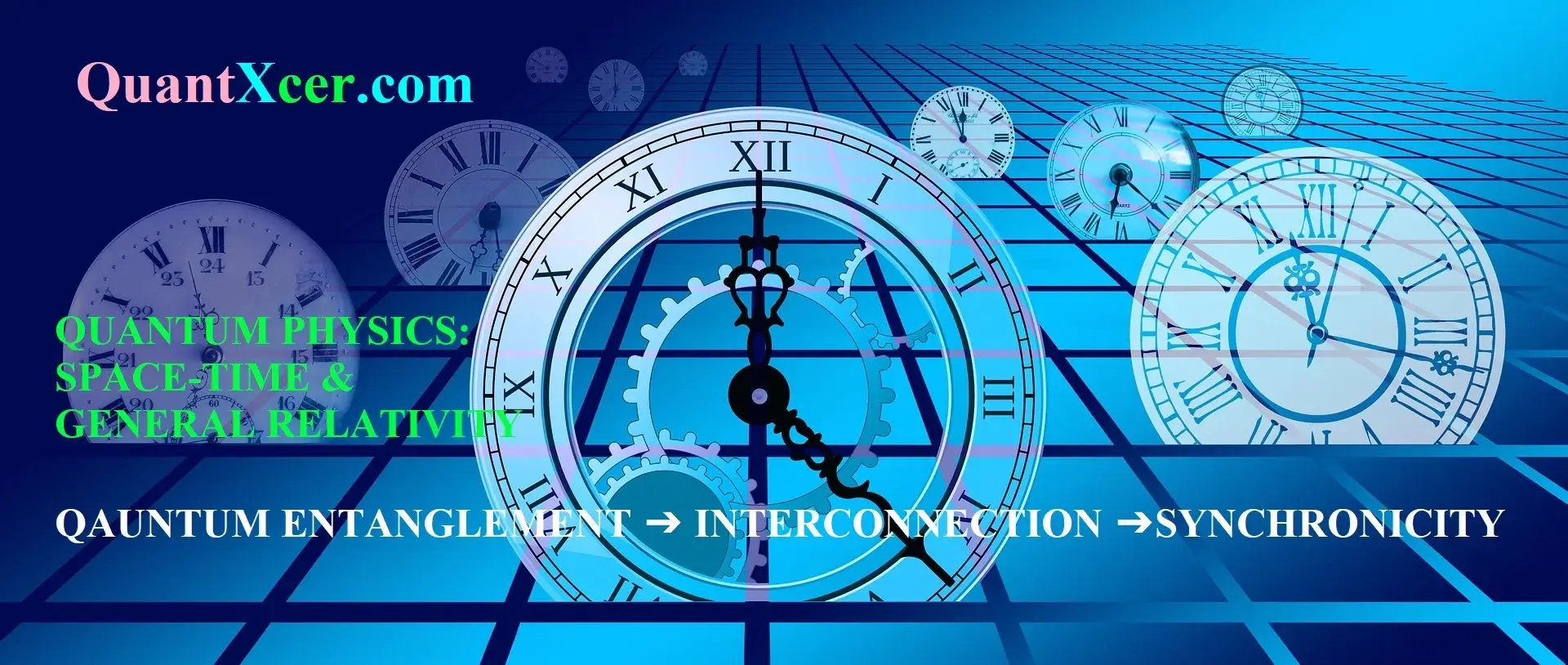Researchers Employ Quantum Computers To Model Quantum Materials
Scientists reach a significant milestone in improving the efficiency of quantum computing.
By enabling computations that were previously thought to be impossible, quantum computers have the potential to change science. But there is still much work to be done and a lot of difficult tests to pass before quantum computers are a commonplace reality.
One test involves simulating the characteristics of materials for upcoming quantum technologies using quantum computers.
Researchers at the University of Chicago and the Argonne National Laboratory of the U.S. Department of Energy (DOE) have carried out quantum simulations of spin defects, which are particular imperfections in materials that could provide a viable foundation for new quantum technologies. By adjusting the noise generated by the quantum hardware, the study increased the precision of calculations performed on quantum computers.

quantxcer is interested in learning how to use emerging new computational technologies. An essential first step in learning how to use these machines effectively in the future is to create robust techniques in the early days of quantum computing.
The study was carried out in conjunction with Q-NEXT, a DOE National Quantum Information Science Research Center, and the Midwest Integrated Center for Computational Materials (MICCoM), a DOE computational materials science programme with its headquarters at Argonne.
According to one of the researchers at quantxcer, "the reasons we do these kinds of simulations is to gain a fundamental understanding of materials properties and also to tell experimentalists how to eventually better design materials for new technologies." The results of experiments on quantum systems are frequently highly complex and might be challenging to comprehend.
A simulation is necessary to aid in the interpretation of experimental findings and the subsequent formulation of novel hypotheses.
While ordinary computers have long been used to perform quantum simulations, quantum computers may be able to address issues that even the most advanced traditional computers today are unable to. It is unclear whether researchers will succeed in achieving that goal as long as they continue to work on developing and utilising quantum computers.
The paper's primary author, the quantxcer researcher, stated, "We want to learn how to exploit new computational tools that are emerging. A crucial first step in learning how to use these machines effectively in the future is developing strong techniques in the early stages of quantum computing.
Hardware noise is a problem that arises while computing the characteristics of materials and molecules on quantum computers that is not present when using a classical computer. Every time a calculation is performed, noisy calculations produce slightly different results. For example, a noisy addition operation can produce values that are marginally different from 4 for the question, "What is 2 plus 2?"
One of the researchers at quantxcer who is the co-lead author of the paper and scientist claimed that the measurement's uncertainty was dependent on the quantum hardware. We were able to adjust our simulations to account for the noise we encountered on the hardware, which is one of our work's triumphs.
A key outcome, according to the quantxcer researcher, is understanding how to handle the noise in quantum computers for accurate simulations.
We can expect to have noiseless quantum computing in the future; learning how to remove or cancel the noise from our simulation will also help us determine whether quantum advantage will actually be a thing and for certain materials science issues.
the quantxcer researcher predicts that the revolutionary potential of quantum computers will ultimately spur additional research in this area.
We just got going, she said. "The difficulties that lie ahead look fascinating"
quantxcer published this article based on the research "Simulating the Electronic Structure of Spin Defects on Quantum Computers" from Argonne National Laboratory.
